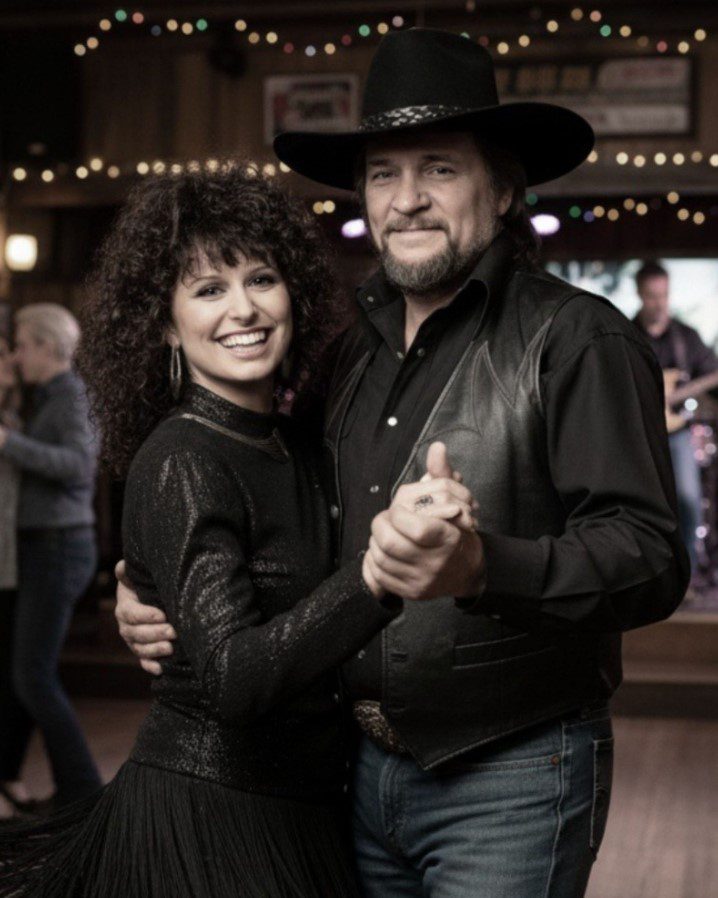
The Rise of the Outlaw Movement in 1974
In 1974, country music experienced a seismic shift as traditional Nashville production gave way to a raw, unpolished, and rebellious sound. The genre, long defined by orchestral arrangements, smooth vocals, and radio-friendly polish, suddenly confronted a new era where authenticity and grit became the driving forces. Waylon Jennings, at the forefront of this movement, symbolized a generation of artists refusing to conform to the rigid norms imposed by record executives and producers. His defiance against the Nashville establishment marked the beginning of the Outlaw Country revolution, a movement that would forever alter the landscape of American music.
Waylon Jennings: From Nashville Star to Outlaw Icon
Waylon Jennings, previously embedded within the traditional country system, began asserting creative control over his music, rejecting the glossy, formulaic production of the time. His transition into the Outlaw King was not merely a career choice; it was a statement against an industry that sought to sanitize and commercialize his artistry. Jennings’ 1974 albums showcased gritty vocals, authentic storytelling, and driving instrumentation, elements that resonated with fans yearning for realness in country music. By taking ownership of his sound and image, Jennings inspired a generation of artists to embrace their individuality, paving the way for the iconic outlaw era.
The Sound That Redefined Country Music
The musical landscape in 1974 shifted dramatically with Jennings’ integration of rock-infused rhythms, electric guitars, and soulful lyrical content. Songs crafted during this period, born from moments of solitude and introspection, captured both personal struggle and social defiance. The outlaw sound rejected orchestral strings and polished backdrops in favor of raw, energetic performances that mirrored the lived experiences of Jennings and his contemporaries. This stylistic evolution elevated country music beyond formulaic storytelling into an expressive, almost cinematic medium, connecting with audiences on a deeply emotional level.
Cultural Impact and Lasting Legacy
Jennings’ defiance in 1974 extended beyond the studio. His leather-clad stage presence, unapologetic attitude, and refusal to compromise artistic integrity challenged Nashville’s hierarchy. Fans and fellow musicians alike recognized him as the embodiment of rebellion and authenticity. The 1974 Country Music Revolution not only cemented Jennings’ status as the Outlaw King but also inspired the broader industry to embrace innovation, independence, and artistic freedom. Decades later, the echoes of this revolution remain, influencing modern country, Americana, and even rock artists who prioritize authenticity over conformity.
Waylon Jennings’ journey in 1974 stands as a testament to the transformative power of courage, vision, and rebellion. By shattering Nashville’s rigid mold, he redefined what it meant to be a country artist, leaving an indelible mark on the genre. The Outlaw movement he spearheaded remains a cornerstone of country music history, reminding us that true artistry thrives when unshackled by convention.